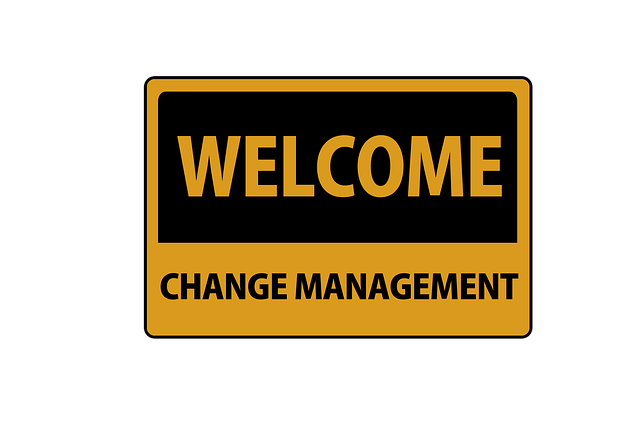In the digital age, email marketing tools remain indispensable for businesses aiming to connect with customers directly and build lasting relationships. Through personalization, targeted campaigns, and automation, these tools engage audiences effectively. Integration with CRM systems provides deeper customer insights, improving email relevance and boosting open rates, click-throughs, and conversions. Advanced segmentation enables brands to personalize content at scale based on demographics, purchase history, browsing behavior, and engagement levels, allowing for dynamic strategies like missed call text-back campaigns. Automation features streamline processes, saving time and resources, while lead nurturing sequences enhance engagement and conversion rates, making email marketing tools powerful assets for sales growth in 2025.
In 2025, businesses continue to rely on email marketing tools due to their enduring relevance in a crowded digital landscape. This article explores three key reasons behind this trend: understanding the power of email as a direct communication channel, advanced segmentation techniques enabling personalized messaging at scale, and automation that streamlines marketing efforts for increased efficiency. By leveraging these email marketing tools, businesses can enhance customer engagement and drive meaningful results.
- Understanding the Enduring Relevance of Email Marketing
- Advanced Segmentation: Personalizing at Scale
- Automation and Efficiency: Streamlining Marketing Efforts
Understanding the Enduring Relevance of Email Marketing

In the digital age, where countless marketing channels compete for attention, email marketing tools remain an unsurpassed asset for businesses. Despite the rise of social media and other digital marketing trends, email continues to be a highly effective strategy for several reasons. The key lies in its ability to foster direct communication with customers, allowing brands to build lasting relationships. With personalized content, targeted campaigns, and seamless automation, email marketing tools enable companies to engage their audience on a deeper level.
Furthermore, integrating email marketing with customer relationship management (CRM) systems provides valuable insights into customer behavior and preferences. This data-driven approach enhances the relevance of each email sent, leading to higher open rates, click-throughs, and conversions. Additionally, creating compelling landing pages optimized for emails can significantly boost campaign performance by providing a dedicated space for customers to take the desired actions, whether it’s signing up for a newsletter or making a purchase.
Advanced Segmentation: Personalizing at Scale

In the ever-evolving digital landscape, businesses are constantly seeking innovative ways to connect with their target audience. This is where advanced segmentation plays a pivotal role in modern email marketing strategies. By leveraging powerful tools, companies can now personalize their communications on a massive scale, ensuring that every customer receives content tailored specifically for them. Through sophisticated algorithms and extensive data analysis, these tools enable businesses to segment their databases based on various criteria—from demographics and purchase history to browsing behavior and engagement levels.
This level of customization has revolutionized how brands interact with their customers. For instance, a clothing retailer can send targeted emails about the latest trends to millennials while offering personalized discounts on items recently viewed by gen Z customers. Furthermore, advanced segmentation goes beyond basic demographics; it incorporates real-time interactions like missed call text-back campaigns or reputation management strategies, fostering more meaningful and effective customer relationships.
Automation and Efficiency: Streamlining Marketing Efforts

In today’s fast-paced business landscape, efficiency is key to staying competitive. Email marketing tools have emerged as a powerful asset for companies aiming to streamline their marketing efforts and achieve more with less manual labor. Automation, a cornerstone of these tools, plays a pivotal role in this process. By automating repetitive tasks such as email scheduling, segmentation, and personalized content generation, businesses can save significant time and resources. This level of automation ensures that marketing campaigns are executed promptly and consistently, allowing marketers to focus on strategy and creative aspects rather than day-to-day operations.
Moreover, efficient marketing automation enables companies to optimize their sales funnel by nurturing leads effectively. Automated email sequences can guide prospects through the buyer’s journey, delivering tailored content at each stage. This not only enhances customer engagement but also increases the likelihood of conversions, making email marketing a game-changer for lead generation and sales growth in 2025.
Email marketing remains a powerful tool in 2025, with advanced segmentation and automation leading the way. Businesses are leveraging these email marketing tools to personalize communications at scale, streamline marketing efforts, and drive meaningful engagement. As competition intensifies, embracing these strategies is crucial for standing out and fostering strong customer relationships.
